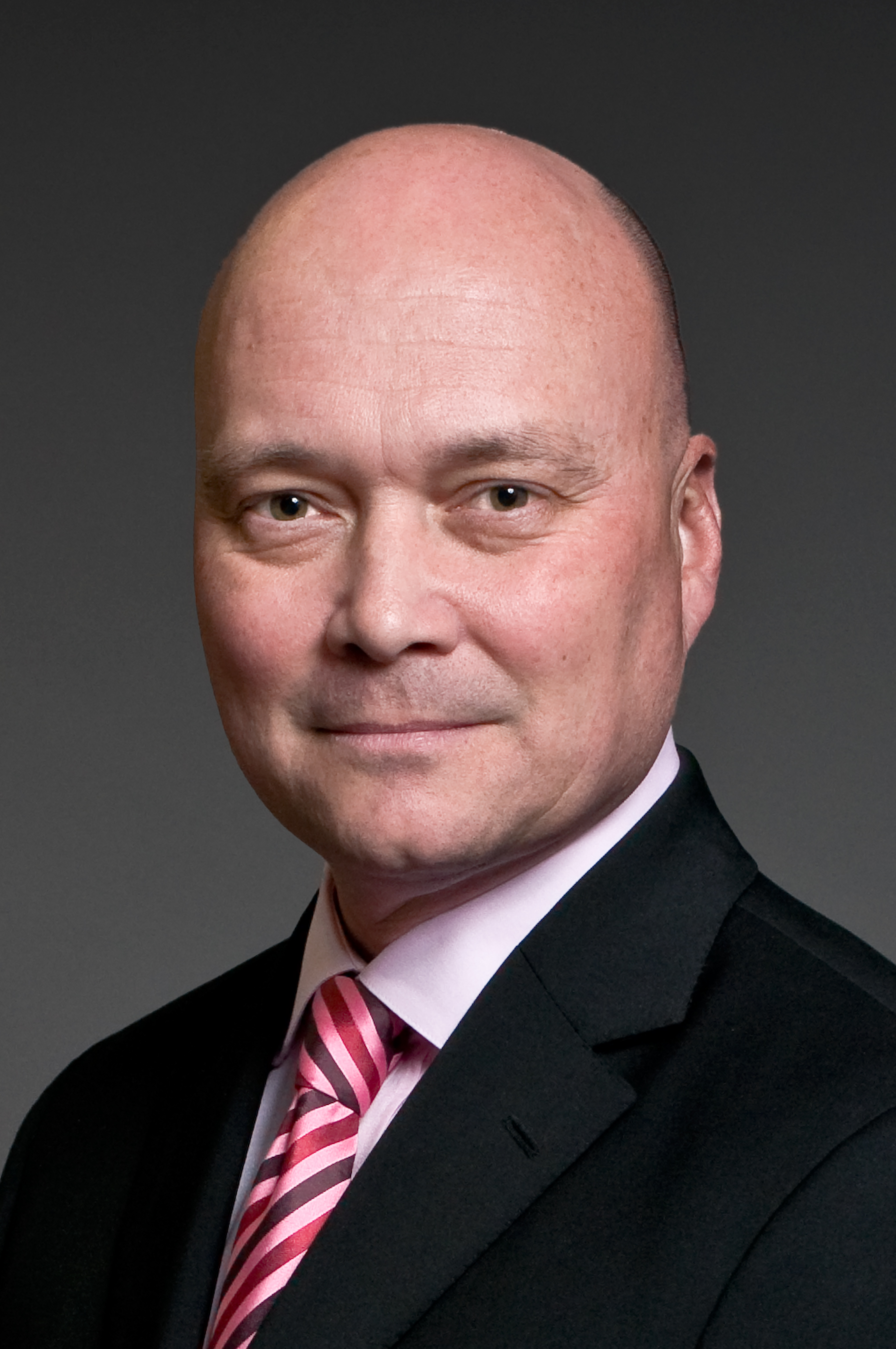Mr. Koontz started his role earlier this year, but he’s already helping GE make a number of exciting moves in the healthcare space. In November, GE Healthcare Partners — an advisory firm within GE Healthcare — partnered with Chicago-based Rush University Medical Center to build a command center that will use predictive analytics to manage patient flow. GE has already helped Baltimore-based Johns Hopkins Hospital launch the Judy Reitz Capacity Command Center, a NASA-inspired command center that utilizes analytics to enhance hospital operations.
Here, Mr. Koontz spoke with Becker’s Hospital Review about his roles at GE, GE’s command centers and the future of digital care.
Note: Responses have been lightly edited for length and clarity.
Question: What initially drew you to a career in IT?
Charles Koontz: I started my career at General Electric as an engineering co-op student. What drew me to IT was its disruptive nature. It’s improving productivity that’s been key and top of mind to me. I find it hugely rewarding. I also find that a lot of money is wasted in IT if programs aren’t managed with the necessary rigor.
I never really considered joining GE again until I learned about its digital industry strategy, which I found very compelling. When you add on top of that the install base and visualization software that GE Healthcare has, I wonder, “Who better else than GE to help lead our customers into their digital future?”
Q: You joined GE Healthcare in March. What do you see as your biggest accomplishment in your first nine months in your position?
CK: First of all, I’m most proud of standing up the digital organization. The talent we’re able to attract is quite rewarding, and the talent that we’re building is world-class.
I’m also proud of our clinical partnerships. We have one with the University of California, San Francisco and another with Boston Children’s. The UCSF one is focused on building applications for the diseases of the lung, and the Boston Children’s one is all about pediatric brain applications.
Q: Could you discuss how GE and Rush University Medical Center have joined forces to build a command center?
CK: We also have a similar partnership with Baltimore-based Johns Hopkins. The command centers have a finger on the pulse of the operation of the hospital. It’s a smoother way of using operational data to improve efficiency and effectiveness. Over the next few years, we’ll likely sign at least one new command center every quarter.
Q: How is GE Healthcare working to improve health IT for both clinicians and patients?
CK: We are working to put our devices back on top. We will essentially be leapfrogging on our competitors from an imaging visualization perspective.
Another key area we’re investing in is collaboration. Worldwide, there’s a shortage of radiologists and an increase in radiology exams. There’s a need for images to be taken in one hospital and then be read by a radiologist in a hospital 100 miles away.
We are investing half a billion dollars in our digital strategy and we have 5,000 engineers working to execute it. Digital strategy for GE is top priority, but it’s equally important for healthcare.
Q: What do you see as the future of digital care?
CK: The future, quite frankly, is now. The use of the cloud and the application of artificial intelligence/deep learning will be part of the future.
As an example, we are using artificial intelligence much more now. The key to applying artificial intelligence in the clinical sense is having curated images. Say we have 1,500 images that have been verified as cancer in the lung. We take those and run them through our AI/deep learning algorithm, which then learns to verify nodules in the lung. At some point, the algorithm is smart enough to be able to identify with 99.9 percent accuracy that a certain image is cancer. Whether it’s breast cancer, prostate cancer or a disease of the brain, you have to have curated data sets. These algorithms will advance clinician productivity and exam accuracy.
